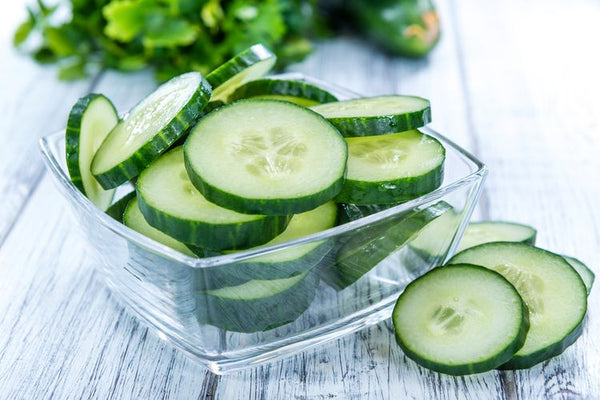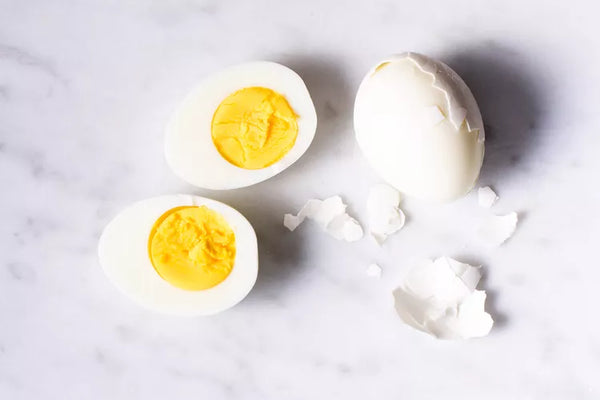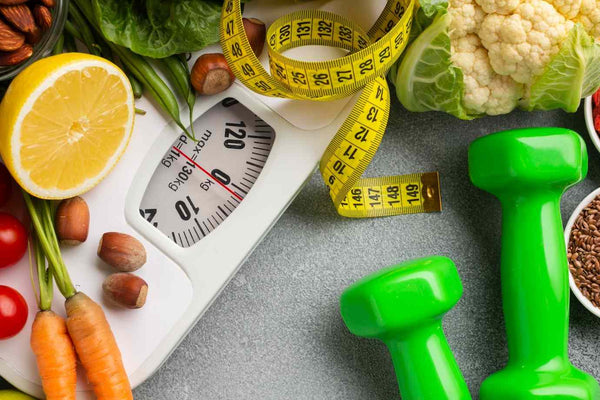
What is Beta-Carotene: Health Benefits and Food Sources

What is Beta Carotene? Beta-carotene comes from the Greek, namely beta or (second letter of the alphabet) and Latin carota (carrot).
Beta-carotene is a red, yellow or orange pigment that gives colour to vegetables and fruits.
In this article, our discussion will focus on beta-carotene including its function, food sources, and the dose of beta-carotene consumption.
Some facts about beta-carotene
Here are quick facts about beta-carotene:
- If you eat lots of fruits and vegetables you will likely not be deficient in beta-carotene.
- Beta-carotene can be converted into vitamin A, so beta-carotene is the same as vitamin A.
- Beta-carotene is a carotenoid and antioxidant.
- Foods rich in vitamin A include carrots, peas, spinach, and pumpkin.
- Various studies show that a smoker who has a high intake of beta-carotene may have an increased risk of lung cancer.
- Many think beta-carotene can prevent cognitive decline due to excessive stress.
- Supplements with sources of beta-carotene may interact with certain medications, including mineral oil and statins.
- Beta-carotene maintains lung health from free radical attack.
What is beta-carotene?
The human body converts beta-carotene into vitamin A. Beta carotene is a precursor or chemical substance that converts to other compounds, in this case is vitamin A.
Because beta-carotene produces vitamin A, we need this. Because, vitamin A helps maintain the immune system, maintain eye health, improve skin and mucous membrane health and protect eye vision from night blindness.
Vitamin A can be found from various food sources. One way is through beta-carotene – or in supplement form. However, excess consumption of beta-carotene or vitamin A can lead to poisoning.
Health Benefits of beta-carotene

Beta-carotene is a powerful antioxidant
Beta-carotene, like all carotenoids, is an antioxidant. Antioxidants are substances that inhibit the oxidation of other molecules. In addition, it protects the body from free radicals.
As it is known that free radicals can damage body cells through oxidation. The damage caused by free radicals can cause various chronic diseases that are prolonged.
A number of studies show that antioxidants through a healthy diet help the immune system, protect against free radicals, and lower the risk of developing cancer and heart disease .
Other studies have also shown that those who consume at least four servings of beta-carotene-rich fruits and/or vegetables daily have a lower risk of developing cancer or heart disease.
What is Beta-Carotene: Can slow cognitive decline
Men who took beta-carotene supplements for 15 years or more in a row were significantly less likely to experience cognitive decline than other men.
However, this research needs to be studied further. The researchers indicated that there were other factors contributing to cognitive decline in men who rarely consumed beta-carotene.
Beta Carotene Maintains Lung Function
The BMJ published a report in March 2006 showing that high blood levels of beta-carotene can reduce some damage to the lungs caused by oxygen free radicals.
They measured the FEV1/FVC ratio of 535 participants and measured their blood beta-carotene levels. FEV1 measures how much air you can inhale in one go.
His findings showed that those with high beta-carotene levels experienced a much slower decline in FEV1 measures.
Food Sources Containing Beta Carotene
The following is a list of foods that are sources of beta-carotene:
- Apricot
- Asparagus
- Broccoli
- Carrot
- Chinese cabbage
- Dandelion leaves
- Pomelo
- Herbs and spices – chili powder, oregano, paprika, parsley
- Cabbage
- Tomato sauce
- Margarine
- Onion
- Peas
- Paprika
- Plums
- Pumpkin
- Spinach
- Sweet potato.
If you follow a healthy diet rich in beta-carotene, you do not need any additional supplements.
As noted above, supplements can cause unwanted excess levels of beta-carotene – this cannot happen if your sources come from the foods you eat.
Side effects
A French study involving adult women found that smokers with high levels of beta carotene had a higher risk of developing lung cancer and other smoking-related cancers than other smokers.
They also found that non-smokers with high beta-carotene intake had a lower risk of developing lung cancer.
They found cases of lung cancer risk in humans over a ten-year period:
- 181.8 per 10,000 non-smoking women with low beta-carotene intake
- 81.7 per 10,000 non-smoking women with high beta-carotene intake
- 174 per 10,000 female smokers with low beta-carotene intake
- 368.3 per 10,000 female smokers with a high intake of beta-carotene.
Further research showed that high intakes among smokers were almost always due to supplements, and not dietary intake.
What is Beta-Carotene: Level of Dosage used for beta-carotene
The level of vitamin A you need depends on your reproductive state and your age. The recommended vitamin A for people 14 years and older is between 700 and 900 micrograms (mcg).
Based on these circumstances, you can calculate how many doses of beta-carotene you need based on the number of nutrients on the package. You can consume 15 micrograms of beta-carotene with 500 milligrams of vitamin C, 400 units of vitamin E and 80 mg of zinc oxide daily.
Beta-carotene intake is also adjusted to the purpose of the supplements you take. For patients with erythropoietic protoporphyria, the following amounts of beta-carotene are required:
- Teens and adults: 3-300 milligrams (mg)
- Children: 30-150 milligrams (mg)
- Always consult a doctor or herbalist to get the right intake.
That's the article What is Beta Carotene? Function, Food Source and Dosage. Hope it is useful!






